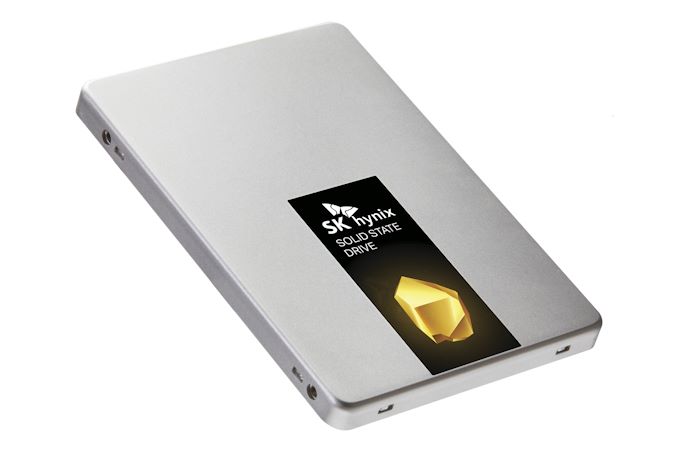SK Hynix Returns To Retail SSD Market With Gold S31 SATA Drives
SK Hynix announced this morning (August 16) that it's bringing a new line of SSDs out to play in the form of the SuperCore series, which will be available for customers soon. The first release in the new family will be the Gold S31, a 2.5-inch SATA drive that will range in capacity from 250GB to 1TB.
This marks the storied manufacturer's return to the retail market, with the introduction of the Gold S31 SSD based on the company's NAND and SSD controller, but there aren't a lot of details floating around about what to expect from it. There will be several other drives on their way as well, with 560MB/sec read and 525MB/sec write speeds that fall in line much with the other products on the market at present. Retail listings also confirm that the drives will feature DRAM as well.
SK Hynix was previously a serious contender in the SSD market alongside manufacturers like Samsung and Intel, all of whom have historically created their own products in-house and aimed them at consumers. SK Hynix was a member of the club for some time with its Canvas drives, but they never did receive their official North American debut. They've traditionally only been available via other, less upfront means, but as far as being sold through official channels, that's not yet come to fruition. Instead, they've been focusing on other tech, such as OEM drives.
If you're interested in picking up one of the new SK Hynix drives, they're being sold exclusively in North America via Amazon now, though next year will bring distribution via Europe and elsewhere. There also appears to be a new PCIe drive from the company by then as well, but SK Hynix has remained relatively mum about it.
You can pick up the 250GB drive for just $50, the 500GB version for $78, and the 1TB version for $124 now.
Get Tom's Hardware's best news and in-depth reviews, straight to your inbox.
-
Co BIY The "vengeance" is ?Reply
Is it super fast?
Is it priced to cut off the competition at the knees ?
Looks like they plan to take a small competitive share out of the market with a low cost amazon "almost direct to consumer" strategy likely so they can be their own customer for components.
